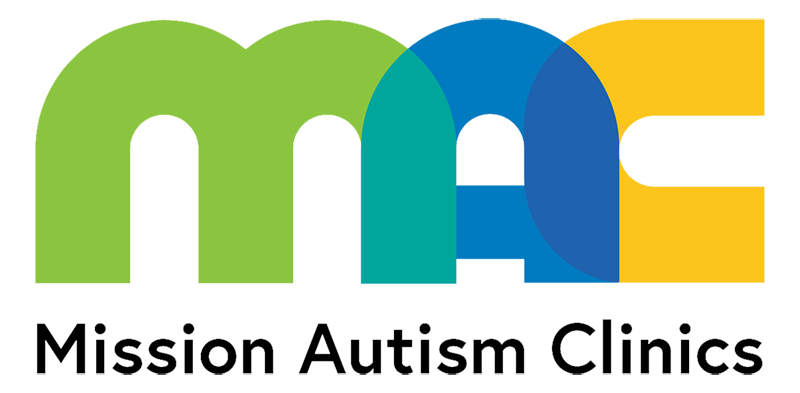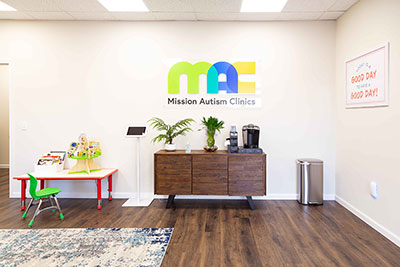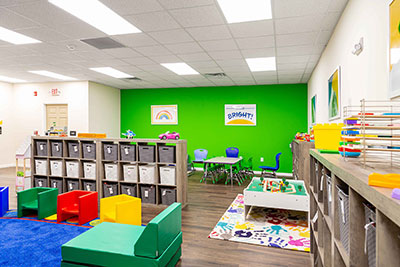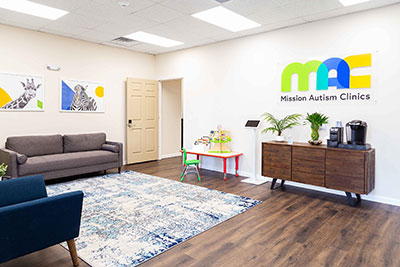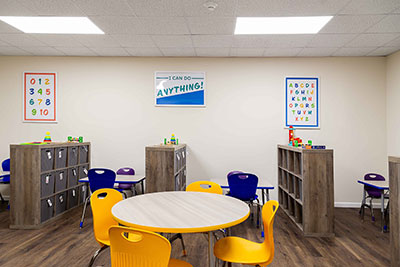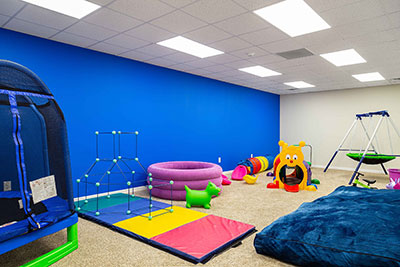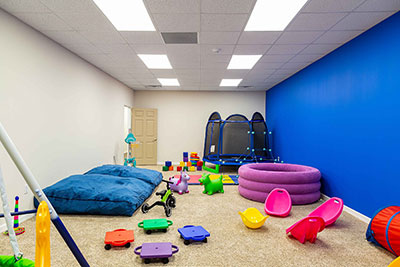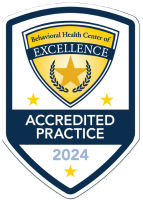Welcome to our Pittston clinic!
In our brand new facility, located less than one mile from Interstate 81 and Route 315, our Pittston, Pennsylvania staff are available for Day Program.
Children with autism spectrum disorder experience unique challenges in daily life. Communicating, behaving appropriately, and learning in school might all be difficult for such children.
Some degree of mystery surrounds how and why certain children develop autism spectrum disorder. Additionally, probably no two individuals with autism are exactly the same. While one child might struggle to learn and retain concepts, another may quickly breeze through lessons.
At Mission Autism Clinics, we know that special help, such as the ABA therapy programs we offer, can indeed make a difference in the lives of children with autism. Through individualized therapy, your child can learn and communicate more easily and ultimately live a fuller life.
Learn more below about what is involved with our autism services in Pittston, PA.
How ABA Therapy Helps Children with Autism
“ABA” stands for “applied behavioral analysis.” Simply put, ABA therapy uses positive reinforcement to help children refine their communication and learning skills. Here are three steps in the ABA process.
Initial Assessment
As we’ve mentioned, every child with autism spectrum disorder is unique. When you come to Mission Autism Clinics for ABA therapy, one of our ABA-trained therapists will initially observe and assess your child. This observation period could include the therapist asking questions or participating in activities with the child. The therapist might also examine how your child behaves naturally at home or in school.
All of this information together will inform how the therapist designs a therapy plan.
Therapy Structure
After observing your child’s behavioral patterns, an ABA therapist will design a therapy plan. The plan will take into account the specifics of your child’s degree of autism. However, for the most part, the ABA therapy plan will be based on reducing negative behaviors and increasing positive behaviors.
For instance, “trials” will be given to elicit certain behaviors. If the child completes the action as requested, such as picking up an object, the child receives positive reinforcement in the form of a reward. If the child does not complete the action, the therapist will make the request again.
The types of trials the child completes may increase in complexity as the therapy goes on. The idea is to build on previous successes until the child’s positive behavior comes more naturally than previously.
Assessment
Along the way, our ABA therapists will observe and assess how your child is progressing through the therapy. If certain tracks of the plan prove ineffective, the therapist will alter the methods.
Ultimately, ABA therapy’s intended results should be better communication, social interaction, and your child’s learning ability. The child should have fewer tantrums and overall possess a greater capacity for requesting desired objects or conditions.
Professional Pittston Autism Services
Our clinics focus on working closely with children with autism to help them and their families advance toward health together. Autism spectrum disorder can be enormously challenging for parents and children to deal with, but help is available.
With Mission Autism Clinics, the road to healthier, happier children lies in ABA therapy. We are proud of the assistance we can offer families using this effective, science-based approach.
Board Certified Behavior Analysts at this Clinic

Rose P.

Alyssa S.

Jessica Z.
Program Managers at this Clinic

